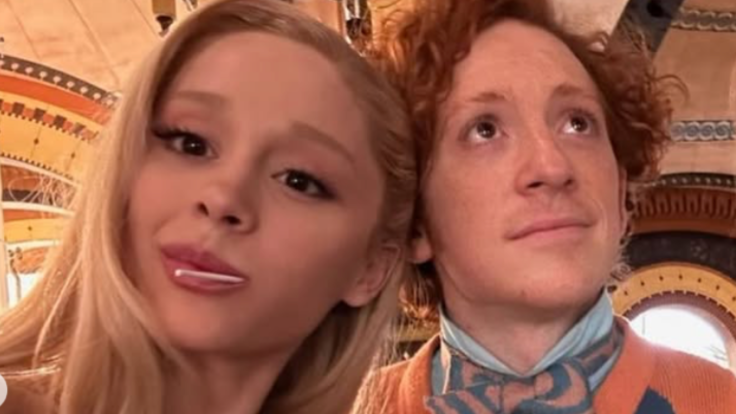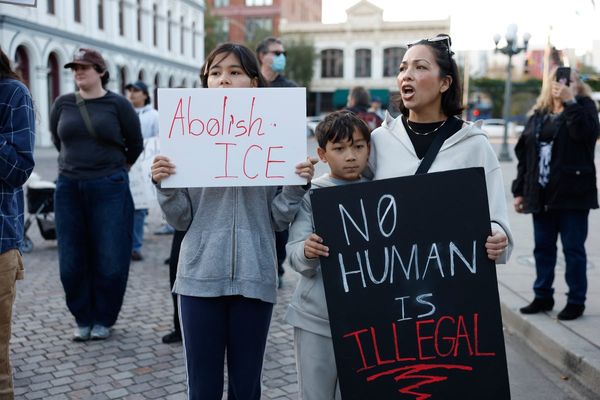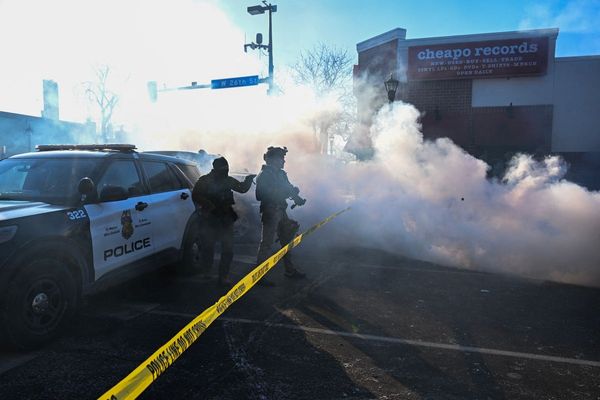
Ethan Slater's public life has become the story, propelled by court records, a candid essay from his ex-wife, and a string of interviews that refuse to answer the question everyone is asking.
The actor's divorce filings, published essays by Dr Lilly Jay, and short-form social videos have reanimated a private break-up into high-octane public drama. Clips circulating online now claim that Ariana Grande endured a fraught relationship; as Slater's televised interviews show a man deflecting questions about his private life while promoting a major film.
Court Filings and a Sealed Settlement
Slater's legal separation from Jay was initiated in New York, and the record of a family-law filing exists in publicly indexed court repositories. That filing, first lodged in mid-2023, is the legal starting point for the public chronology that followed.
Details of the settlement were later reported as sealed, but the fact of a formal petition and subsequent finalisation is supported by court-index entries.
Jay's first-person essay, published in a major outlet, describes the emotional toll of an unexpected, highly public divorce and directly links her experience to the publicity surrounding Slater's relationship with his co-star.
Her essay reads as both a professional reflection and personal testimony, and it anchors the claim that family life was disrupted at the same time the film promotion cycle intensified. That essay is a primary source detailing the human cost of the split.
'I Didn't Answer That' — Interviews and Evasions
Across multiple broadcast appearances, Slater has consistently avoided detailed answers about his private life while dutifully discussing his craft. In a recent television interview filmed to promote Wicked: For Good, the actor pivoted when asked about 'working with [his] girlfriend', instead praising his castmates and the production. Those recordings are direct evidence of what he chose to say and what he declined to answer on camera.
Those evasions have two effects. First, they deny the public a fuller context from the central figure. Second, they create a vacuum that short social clips and user commentary quickly fill.
A viral clip circulating on TikTok amplifies a narrative that Grande's life was 'miserable', but that clip is not a legal filing or an affidavit; it is social commentary extracted from snippets, reaction, and speculation.
The Cut Essay: A Primary Account of Harm
Dr Lilly Jay's essay is unusually plain and precise about the personal consequences of the split. She writes of shock, mourning, and a sudden transition from privacy to public scrutiny, specifically noting the timing of her marital breakdown 'in the shadow of my husband's new relationship with a celebrity'.
That sentence, penned by Jay herself, is a primary-source account that supplies the clearest contemporaneous narrative from the family's perspective. Her words matter because they are direct testimony from someone central to the story.
This episode exposes the friction between celebrity publicity and private grief. Slater's professional obligations have placed him repeatedly in front of cameras while his ex-wife must navigate co-parenting and public scrutiny; her essay explains the psychological and practical consequences of that juxtaposition in her own terms.
Where social clips foment outrage, those first-person accounts and legal records provide the evidentiary framework journalists must use to separate claim from proven fact.







